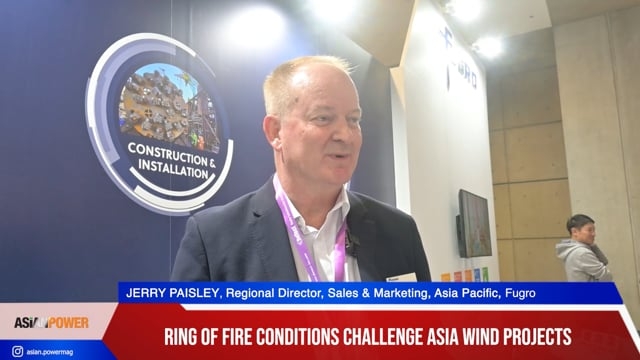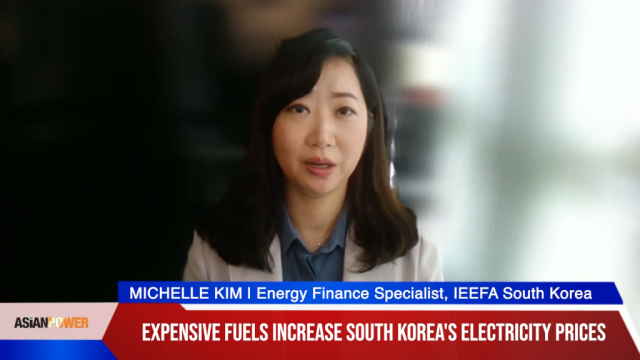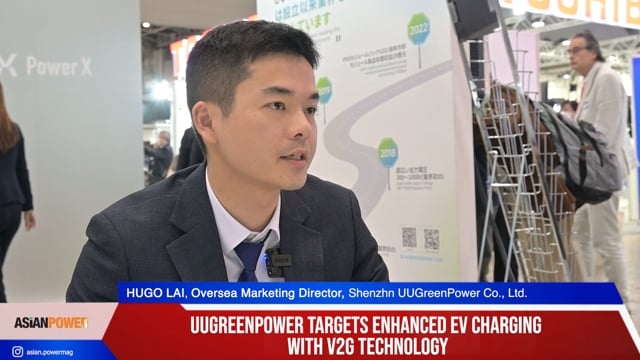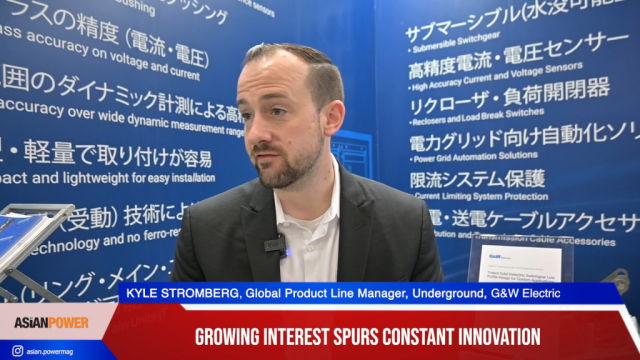Hareon Photovoltaic to invest $76.6m in Azure Power's solar project
The investment was for a 45% stake in Azure Power's subsidiary.
Hareon Photovoltaic, a wholly owned subsidiary of Hareon Power Singapore, a vertically integrated solar PV manufacturer, will invest $76.6 million (~Rs.4.91 billion) for a 45 percent stake in Azure Power Thirty-Seven Private Limited, a wholly owned subsidiary of Azure Power, according to Mercom Capital Group.
The funds will be utilized to develop 118 MW of solar projects in Telangana, according to a Hareon Photovoltaic release. A power purchase agreement for the project has been signed with National Thermal Power Corporation for a 25-year period.
The companies also signed a contract to supply Hareon manufactured modules for the 118 MW project totaling $40 million (~Rs.2.56 billion).























 Advertise
Advertise







